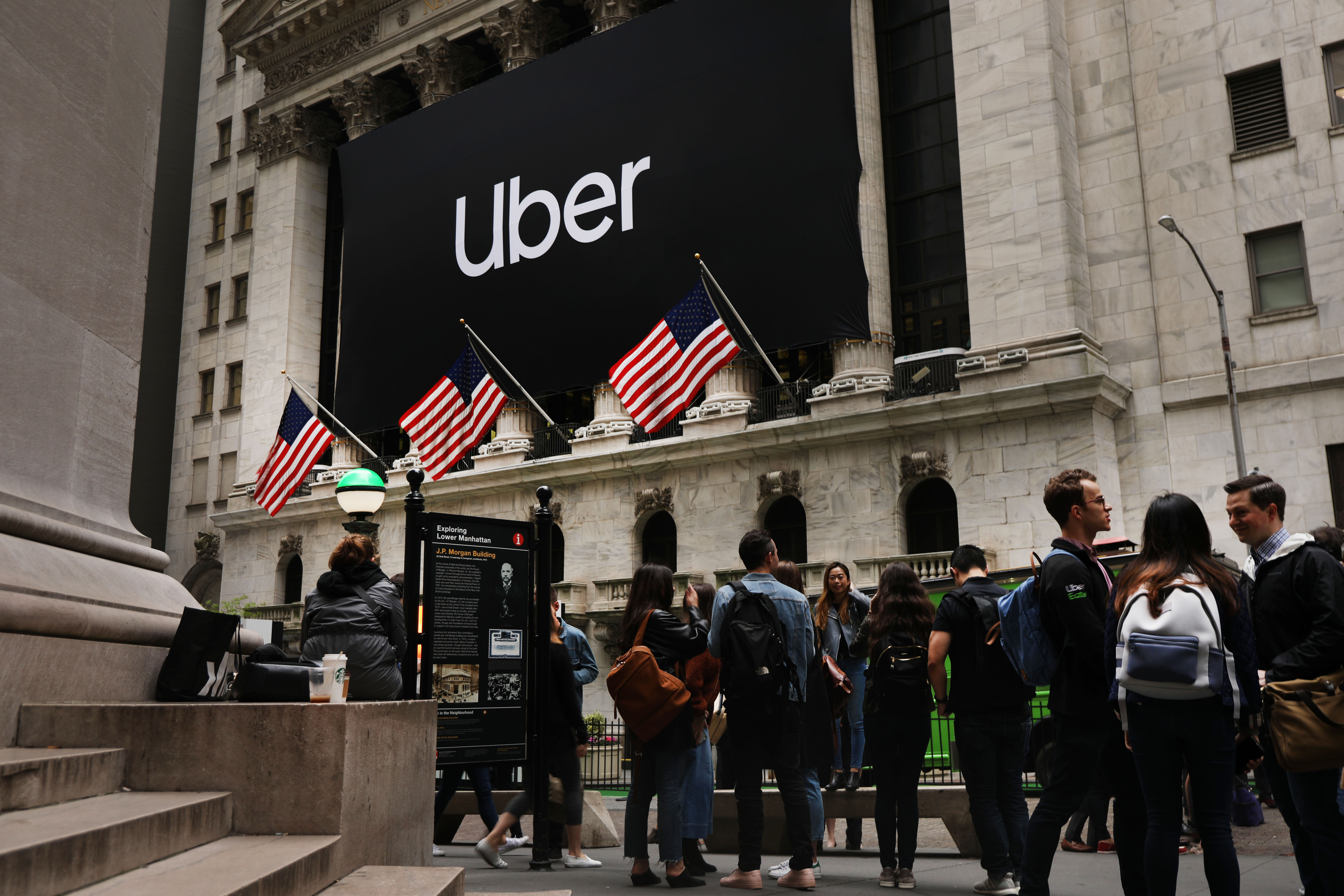An IPO windfall disappears
And more of the week's best financial insight

A free daily email with the biggest news stories of the day – and the best features from TheWeek.com
You are now subscribed
Your newsletter sign-up was successful
Here are three of the week's top pieces of financial insight, gathered from around the web:
Mortgage rates fall below 3 percent
The average interest rate on a 30-year mortgage dipped below 3 percent for the first time ever, said Orla McCaffrey at The Wall Street Journal. According to mortgage giant Freddie Mac, average 30-year fixed rates have fallen nearly three-quarters of a percentage point since the start of the year, settling at a record-low 2.98 percent last week. It's a hard-to-believe milestone for anyone who remembers buying a home in the early 1980s, when rates "peaked above 18 percent." But banks have been more cautious about extending loans, because of the economic uncertainty, and a lack of inventory has contributed to an increase in home prices, "potentially muting any savings from low rates." Nonetheless, more buyers seem to be "venturing into the market," with mortgage applications rising 17 percent in June compared with a year earlier.
The Week
Escape your echo chamber. Get the facts behind the news, plus analysis from multiple perspectives.

Sign up for The Week's Free Newsletters
From our morning news briefing to a weekly Good News Newsletter, get the best of The Week delivered directly to your inbox.
From our morning news briefing to a weekly Good News Newsletter, get the best of The Week delivered directly to your inbox.
An IPO windfall disappears
Some former employees are blaming Uber for outsize tax bills, said David Ingram at NBC News. "Employees or early investors who hold stock in companies that are going public are typically required to wait to sell their shares until a certain amount of time has passed." But companies get to decide when to grant the stock to employees. In Uber's case, it delivered its shares on the day of its initial public offering, "meaning employees would be taxed" at Uber's price of $45 per share, which they were restricted from realizing. At the end of the six-month lockup period, shares had dropped to $27. Peter Moody, a software engineer, said he joined Uber with "a lower salary but the promise of stock." His tax bill, however, "wiped out the promised reward."
New rules for health savings accounts
HSAs and FSAs have become a better deal, thanks to new rules passed in the wake of the pandemic, said Lisa Gerstner at Kiplinger. High-deductible plans paired with a health savings account can now exempt telemedicine from the deductible — a change in the "no first dollar" coverage rule that limited who could benefit from the tax-advantaged savings plans. The economic stimulus package enables you to use money from HSAs or FSAs (flexible spending accounts) to pay for more expenses, including over-the-counter drugs. The IRS is also "allowing certain midyear changes to FSAs that are typically permitted only during open enrollment." The offers vary by employer, but you may be able to adjust the amount you put into your plan.
A free daily email with the biggest news stories of the day – and the best features from TheWeek.com
This article was first published in the latest issue of The Week magazine. If you want to read more like it, you can try six risk-free issues of the magazine here.
-
 Political cartoons for February 14
Political cartoons for February 14Cartoons Saturday's political cartoons include a Valentine's grift, Hillary on the hook, and more
-
 Tourangelle-style pork with prunes recipe
Tourangelle-style pork with prunes recipeThe Week Recommends This traditional, rustic dish is a French classic
-
 The Epstein files: glimpses of a deeply disturbing world
The Epstein files: glimpses of a deeply disturbing worldIn the Spotlight Trove of released documents paint a picture of depravity and privilege in which men hold the cards, and women are powerless or peripheral